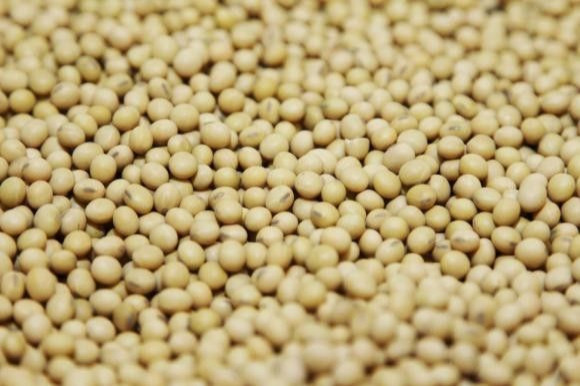Soy-Containing Food Can Prevent Breast Cancer Contrary To Popular Practice, A New Study Suggests

A new study from Georgetown Lombardi Comprehensive Cancer Center suggested that eating food containing soy can enhance the immune system to fight against breast cancer and eventually prevent recurrence. This new discovery is said to be true for individuals who eat soy foods for a long period of time.
Previous research said that soy should not be taken by patients with breast cancers, as it interferes with anti-estrogen treatment modalities. However, this recent research, which is set to be presented at the American Association for Cancer Research (AACR) Annual Meeting 2015, proved that soy can actually have positive effects on women who have been eating soy-containing food.
Lead researcher Leena Hilakivi-Clarke, professor of oncology at Georgetown Lombardi, expressed her concerns regarding the inappropriate intake of soyfoods. Hilakivi-Clarke said that some people may continuously eat soy when they should not, while others may avoid it all costs, when in fact they could gain some health benefits from it.
Previously, soy is discouraged in women due to its genistein content. Genistein is an isoflavone that can enhance the development of breast cancer cells and can interfere with anti-estrogen treatment that most cancer therapies employ. This is based on studies in mice, which do not have cytotoxic T cells - an immune cell that attacks breast cancer. With this finding, oncologists then started to discourage patients to consume soyfoods.
Hilakivi-Clarke and her doctoral student Xiyuan Zhang previously confirmed in a study that rats that consumed genistein in their entire lifetime had more favourable outcomes after anti-estrogen therapy than control rats, and that cancer recurrence was less likely. Although genistein intake pose a positive impact on cancer treatment as well as other health benefits, this form of soya was also found to trigger human estrogen receptors and as such act like estrogen, which can boost cancer cell growth.
In the recent study, the researchers established the relationship of the finding of the previous study and the changes in tumour immune responses. Rats fed with genistein even before puberty had activated T cell response long before an anti-estrogen medication called Tamoxifen was administered. Furthermore, the tumour was not able to escape from the attacks of the immune system. The researchers then established that T cells can indeed attack cancer cells; however, several immune cells can also halt the abilities of the T cells to perceive the presence of a tumour. This then permitted the breast cancer cells to grow past the immune system’s actions.
"Our results suggest that genistein's ability to activate anti-tumor immune responses and reduce expression of immunosuppressive mechanisms may explain why lifetime genistein intake reduces risk of breast cancer recurrence," Hilakivi-Clarke states. However, Zhang iterates that for a tumour to show favourable immune responses, an individual should have consumed a significant amount of genistein long before the tumour develops.
Other observational studies complemented the study, as some discovered that there is lesser cancer risk among women who eat more than 10 mg of isoflavones, compared to those who consume less than 4 mg of the said soy derivative. According to Hilakivi-Clarke, a cup of soymilk contains 30 mg of isoflavones, and genistein composed most of the bulk. "This and our earlier work suggests it is okay to continue consuming soyfoods during breast cancer treatment. Whether this is because of our finding related to the immune, we can't say conclusively," she closes.
To contact the writer, email rinadoctor00@gmail.com





















